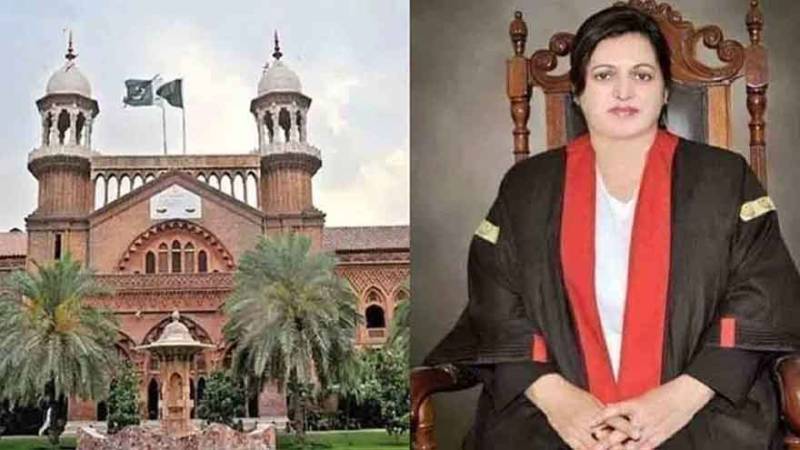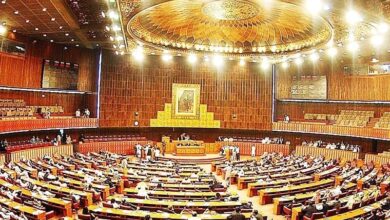October 2025 will be remembered as a landmark month in the history of the Lahore High Court. For the first time, the court recorded an 11% reduction in pending cases — a remarkable achievement that signifies not only improved judicial performance but also the beginning of a new era in the timely dispensation of justice.
This success is not a coincidence; it is the direct result of the visionary leadership, administrative excellence, and unwavering commitment of Chief Justice Lahore High Court, Madam Justice Aalia Neelum.
From the moment she assumed office, Chief Justice Aalia Neelum made it clear that the judiciary should not merely be an institution that issues judgments, but one that delivers justice promptly and with dignity. Under her leadership, the Case Management System was restructured on modern lines. Daily case tracking, performance evaluation of judges, and workflow monitoring were introduced — measures that significantly curtailed delays and enhanced transparency.
One of the most pivotal aspects of her reforms is Digital Transformation. Through digitization of court records, the establishment of E-Courts, and the introduction of online hearings at regional benches, the Lahore High Court’s administrative framework has been modernized in the truest sense.
This digital shift has accelerated case resolution, improved public access to judicial proceedings, and strengthened transparency within the system.
For the general public, these reforms have become a new beacon of hope — a sign that justice is no longer an unattainable dream but a tangible reality.
The legal fraternity has also welcomed these initiatives wholeheartedly, acknowledging that the reforms are cultivating a new professional culture — one rooted in punctuality, merit, and accountability.
Chief Justice Aalia Neelum has repeatedly emphasized that “The purpose of the judiciary is not merely to deliver judgments, but to ensure that justice is served swiftly, effectively, and transparently.”
This philosophy forms the foundation of every reform she has undertaken. Under her vision, the Lahore High Court has evolved from a conventional administrative institution into a reform-oriented judiciary.
If this momentum continues, the backlog of pending cases will likely decrease even further in the coming months — bringing greater stability and efficiency to the entire judicial structure.
These changes are not confined to the Lahore High Court alone; they can serve as a model for judicial transformation across Pakistan.
Chief Justice Aalia Neelum has proven that with vision, integrity, and perseverance, even the most rigid systems can be reformed.
The ongoing transformation within the Lahore High Court is not merely an administrative success — it is a silent revolution and a powerful step toward fulfilling the constitutional promise of justice for all.
This is truly a new dawn of justice — a reformative journey that lays the foundation of trust, transparency, and hope for generations to come.







